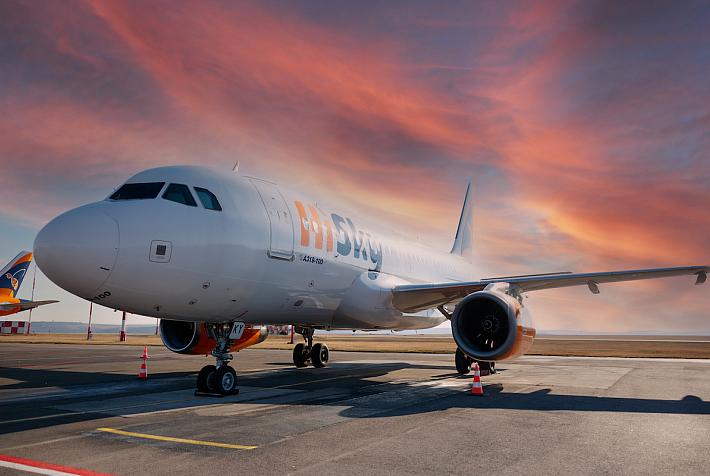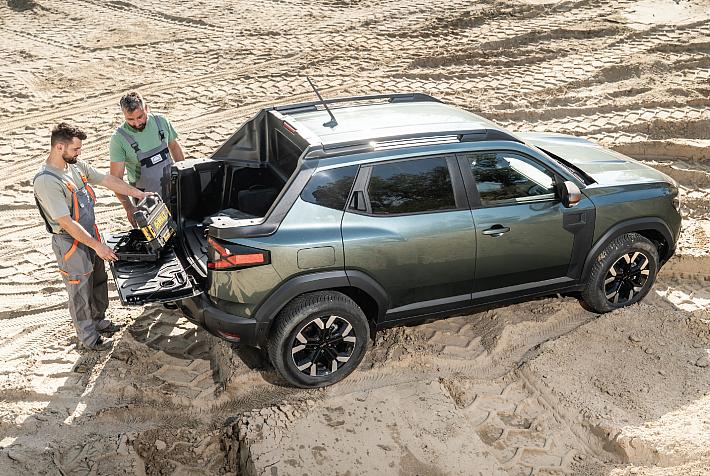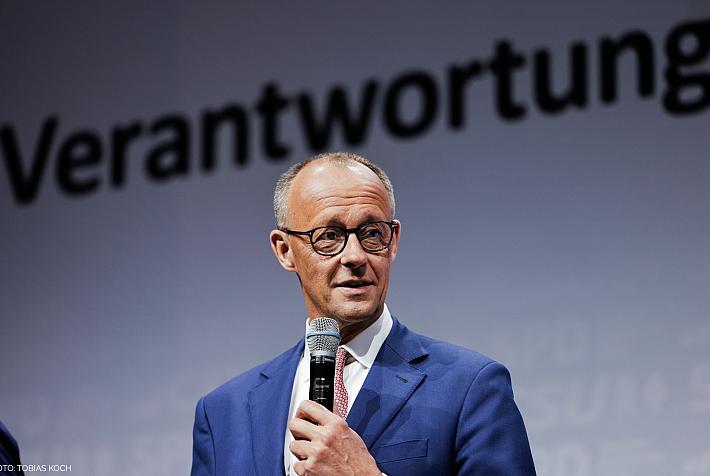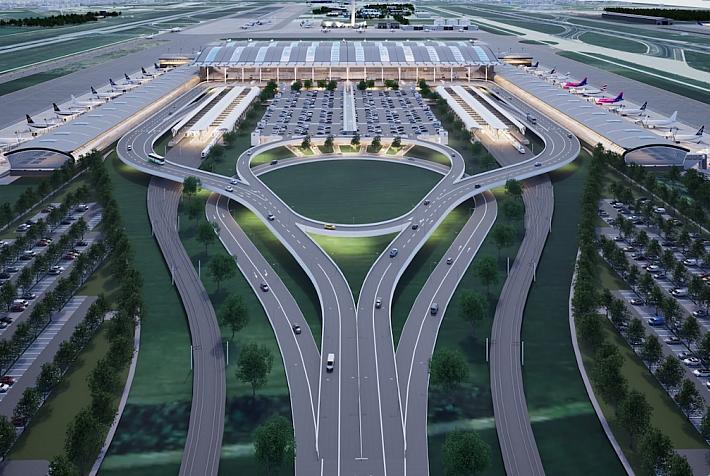Innovative, globalized, diversified - says new EU report on the illegal drugs trade

 “Increasingly dynamic, innovative and quick to react to challenges,” is how a new report describes the illegal drugs market in the EU. The report produced by European Monitoring Centre for Drugs and Drug Addiction (EMCDDA) and Europol is the first of its kind and unlike previous studies, looks at the European trade in illegal drugs in its entirety.
“Increasingly dynamic, innovative and quick to react to challenges,” is how a new report describes the illegal drugs market in the EU. The report produced by European Monitoring Centre for Drugs and Drug Addiction (EMCDDA) and Europol is the first of its kind and unlike previous studies, looks at the European trade in illegal drugs in its entirety.
The market is changing, according to the report. Whereas previously specific substances were traded via fairly fixed and well defined routes, nowadays traffickers are more flexible, dealing in mixed consignments via varied routes. “Organized crime groups are now more likely to deal in many substances at once and are more likely to join forces. Drug trafficking is also diversifying, both in terms of the complexity of the routes chosen and the drug types moved along them,” said EU Commissioner for Home Affairs Cecilia Malmström on the presentation of the report yesterday (January 31 ).
Globalization has had a positive effect on the drugs trade, from the point of view of the traffickers. More and more countries are used for production, storage and transit of substances. The report found that the internet is used for communication and even marketing and that many different legal transportation methods are employed, resulting in multiple entry points to countries. There is also innovation in production and the EU seems to be a technology hot-spot, providing know how on intensive cannabis cultivation (in picture), production of synthetic drugs and hi-tech concealment methods for cocaine.
“For synthetic drugs, and increasingly cannabis, the EU remains an important drug-producing region,” said EMCDDA Director Wolfgang Götz. “The trend for producing illicit drugs close to their intended consumer markets, where they are less likely to be intercepted, is a growing one. We are now paying an increasing cost for this development in terms of community safety, public health and the burden placed on already stretched police resources.”
The study also found an increasing connection between the smuggling of cannabis resin (hashish) and cocaine, as well as Africa's growing importance as a transit staging post.
According to Cecilia Malmström, tackling the drug trade on a national basis is failing and Europe needs a coordinated plan to combat the criminal gangs. “Drug trafficking—whilst illegal—is a highly profitable commercial activity. Understanding this market reality requires a holistic approach, following the economic chain from production to consumption via trafficking,” she said.
Liam Lever, liam@romania-insider.com
photo source: emcdda.europa.eu











